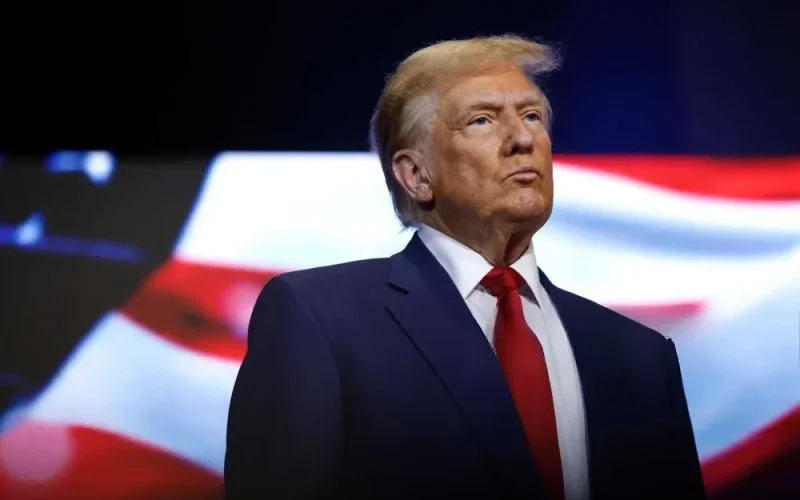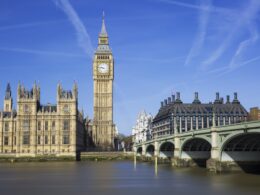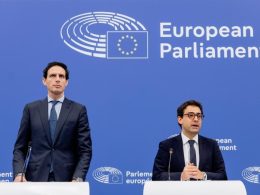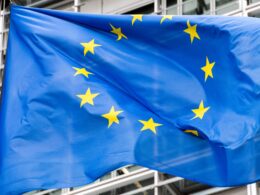The Trump administration has instructed several French companies with U.S. government contracts to comply with an executive order banning diversity, equity, and inclusion (DEI) programmes — a move that underscores the extraterritorial reach of American policy and raises fresh concerns over its impact on European corporate governance.
The directive, which comes in the form of a questionnaire titled “Certification Regarding Compliance With Applicable Federal Anti-Discrimination Law”, demands formal confirmation of compliance from contractors.
The order follows President Donald Trump’s “America First” agenda, which has strained transatlantic relations since his inauguration on 20 January, triggering friction over trade, security, and now corporate values.
The U.S. initiative is likely to prompt practical and legal dilemmas for affected companies, particularly given the contrasting regulatory frameworks on DEI in France and the U.S. While many American firms actively promote racial and ethnic diversity by collecting demographic data and setting inclusion targets, France’s secular legal framework limits such practices. French corporations instead tend to focus on gender parity and socioeconomic inclusion, in line with national laws that restrict the collection of ethnicity-based data.
The development has sparked alarm among European business leaders, who fear the Trump administration is extending its campaign against DEI initiatives beyond U.S. borders. The move comes amid broader concerns over U.S. tariffs and the future of transatlantic security partnerships.
According to Les Echos, which first reported the story, the U.S. Embassy in Paris dispatched the letters late Friday. The French newspaper Le Figaro published what it said was a copy of the accompanying cover letter, which reads: “We inform you that Executive Order 14173, Ending Illegal Discrimination and Restoring Merit-based Opportunities, signed by President Trump, applies to all suppliers and service providers of the U.S. Government, regardless of their nationality and the country in which they operate.”
Companies were asked to return the signed document in English within five days, or provide written justification if they refused to comply — to be reviewed by U.S. legal authorities.
A spokesperson for the U.S. Embassy declined to comment when contacted by Reuters.
It remains unclear how the firms were selected. France’s state-controlled telecoms group Orange, which does not have a U.S. presence, was among those that received the letter, according to a source close to the matter. In contrast, defence company Thales and energy giant TotalEnergies — both of which have significant U.S. operations — reportedly did not receive the questionnaire. Orange declined to comment.
France’s Ministry of Foreign Trade strongly criticised the move. “American interference in the inclusion policies of French companies, along with threats of unjustified tariffs, is unacceptable,” the ministry said in a statement. “France and Europe will defend their businesses, their consumers, and also their values.”
It remains uncertain whether similar demands have been issued to companies elsewhere in Europe.





















